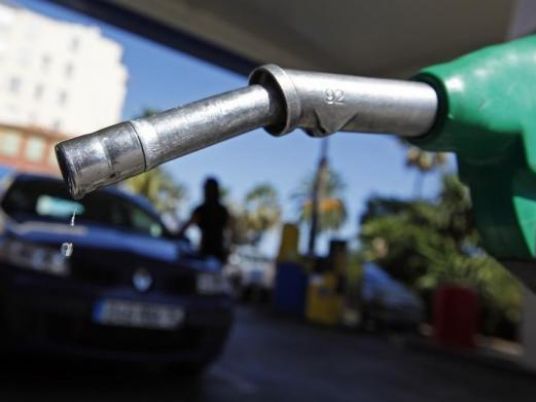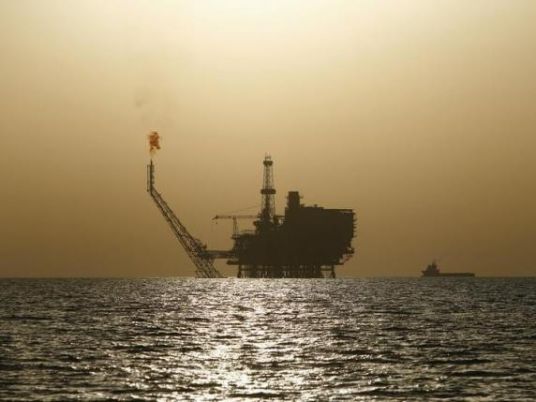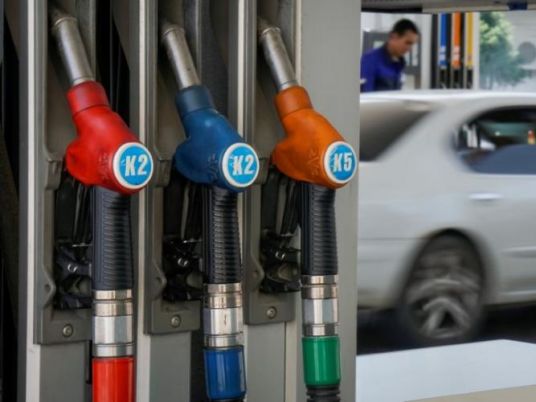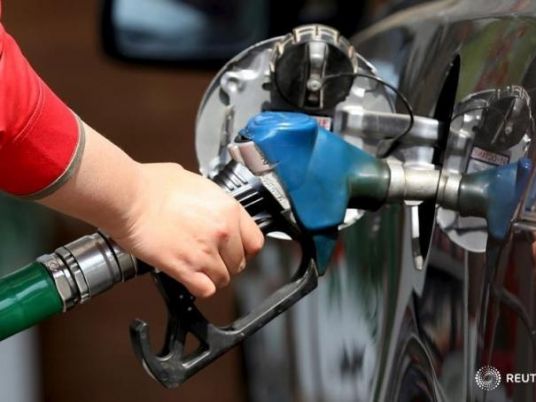
Crude oil prices edged up on Thursday as demand was estimated to have risen in the first half of the year, but a steeper rise was prevented by renewed signs of Asia's economic slowdown.
World oil demand surged in the first six months this year against the same period in 2014, due to a halving in crude oil prices and significant declines in the price of most fuels in many consuming countries, according to national estimates submitted to the Joint Oil Data Initiative (JODI).
JODI reported consumption averaged 71.4 million barrels per day (bpd) in the first six months of this year, up from 69.1 million bpd in the year-ago period, an increase of 2.3 million bpd or 3.3 percent.
Traders also said a political risk premium had re-entered oil markets over Syria, where Russia and the United States are carrying on bombing campaigns without coordination, triggering fears of unintentional clashes.
In US markets, hurricane Joaquin strengthened in the Atlantic and could become a major storm, the US National Hurricane Center said, although forecast models did not agree on whether it would make landfall in the United States.
US West Texas Intermediate (WTI) futures CLc1 were at $45.69 a barrel at 0638 GMT, up 60 cents from their last settlement. Brent crude futures LCOc1 were at $48.82 per barrel, up 45 cents.
Liquidity in Asian trading hours was limited due to the start of China's eight-day National Holiday.
Cheaper physical crude
Despite stronger futures, physical crude markets weakened amid concerns over Asia's economic slowdown.
Asia's benchmark physical price, Dubai crude, averaged $45.375 a barrel for September, the lowest since February 2009, traders said on Thursday.
South Korea's September crude imports fell 0.8 percent from a year earlier to 76.1 million barrels, preliminary official data showed.
Across Asia, there were more signs of slowdown.
In China, Asia's biggest economy, activity in the manufacturing sector contracted for a second straight month in September, an official survey showed on Thursday, and in the region's second-largest economy, Japan, manufacturers' confidence worsened in the three months to September, a central bank survey showed.
Data from Indonesia and Malaysia implied a worsening economic outlook for Southeast Asia, and Morgan Stanley said it expected "growth in ASEAN4 (Singapore, Philippines, Indonesia and Thailand) will likely be lower for longer."
Asia's slowdown contributed to a fall in Brent and WTI prices by almost a quarter since June.



